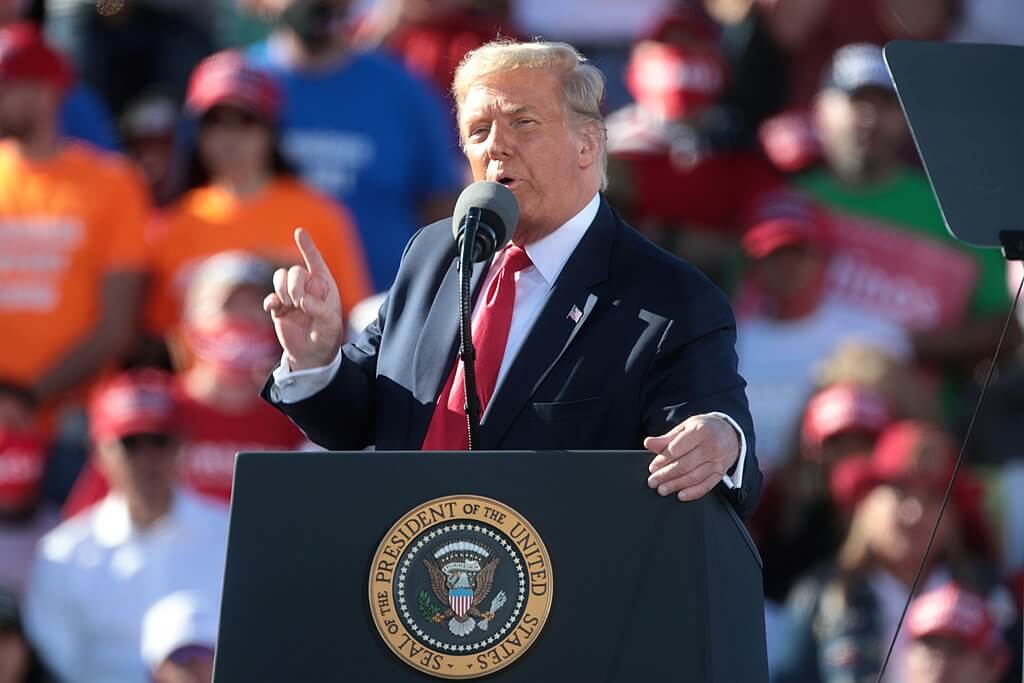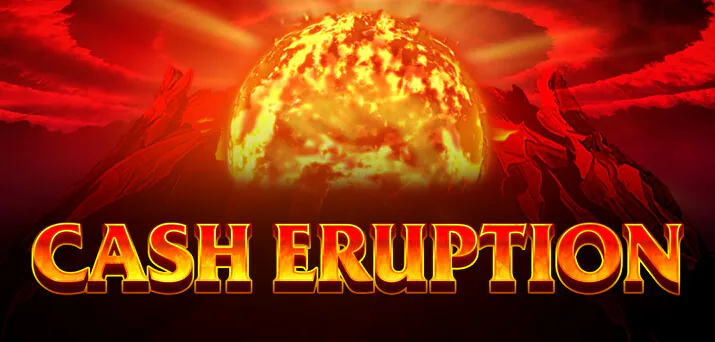Odds Senate Convicts Trump of “Incitement” a Long +900 on the Day Before Trial
By Sascha Paruk in Politics News
Published:

- Donald Trump’s second impeachment trial in the Senate begins on Tuesday, Feb. 9th, 2021
- Conviction requires a two-thirds super-majority, meaning at least 67 Senators must vote to convict
- Democrats only hold 50 seats in the upper chamber, making conviction a longshot
On Tuesday, Feb. 9th, the US Senate will commence Donald Trump’s second impeachment trial. This time, the 45th president is charged with “incitement of insurrection” pursuant to a fiery speech he gave before the storming of the US Capitol (the “Capitol Riot”) on January 6th, 2021.
The realities of the situation make conviction a longshot, which is reflected in the odds on the eve of the trial.
Trump Impeachment and Conviction Odds
| Prop | Odds |
|---|---|
| Senate votes to convict Trump of incitement | Yes (+900) / No (-2500) |
| Number of conviction votes in the Senate | Over 54.5 (-110) / Under 54.5 (-120) |
Odds as of Feb. 8th, 2021.
What Did Trump Say?
The day of the Capitol Riot was also the day Congress was set to count the electoral votes from the 2020 presidential election, confirming Joe Biden’s decisive victory (306-232). Trump planned and held a “Save America” rally on the National Mall the same day. The rally was attended by thousands of Trump supporters and featured speeches from Rudy Giuliani, Donald Trump Jr, Eric Trump, US Rep. Mo Brooks (R-AL), and Rep. Madison Cawthorn (R–NC) among others. The denouement was a speech from Trump, himself.
The then-president repeated false claims that the election was “rigged” and “stolen;” he said he would “never conceded;” he told the crowd – which had already heard calls to violence from previous speakers – to “fight like hell;” and, with respect to the counting of electoral votes, pleaded that “we can’t let that happen.”
Trump repeatedly used the word “fight” in his speech, though also stated, “everyone here will soon be marching over to the Capitol building to peacefully and patriotically make your voices heard.”
1. Donald Trump planned the “wild” event, he prevented appropriate security, he told them to “fight like hell” & sent them to the Capitol. They received the message.
He must be convicted in the Senate!
https://t.co/8NzfJfCmg0— Respectful Dialogue (@timeindawater1) February 7, 2021
The original “plan” was for the rally at the National Mall to be followed by a march on the Capitol Building to protest the counting of the electoral votes. Reports indicate that the crowd was already using the phrase “storm the Capitol” before Trump had even finished speaking.
The result was violent and, ultimately, tragic.

Why Is Conviction Such a Longshot?
In the days following the Capitol Riot, Democrats and Republicans alike condemned Trump’s actions. The overwhelming consensus was that Trump bore a significant portion of responsibility for the violence.
Democrats in the House of Representatives expeditiously drafted an article of impeachment, which was approved in the House (232-197), where only a simple majority was required. Ten GOP Representatives joined the 222 Democrats who voted “Yes” on impeachment.
But the US Senate ultimately holds the power to convict Trump of incitement of insurrection. Seats in the upper chamber are split evenly (50-50) between Democrats and Republicans, and the Constitution requires a two-thirds super-majority to convict. If all 50 Democrats vote to convict (which they will), they will need 17 Republicans to join them.
Senate Minority Leader Mitch McConnell (KY), arguably the most influential GOP Senator, was ambiguous about how he would vote in late January, shortly after the House approved the article of impeachment. He clearly disapproved of Trump’s actions and stated that he would listen to the legal arguments on both sides.

However, on Jan. 27th, Senator Rand Paul (KY) introduced a motion to declare the impeachment trial unconstitutional, arguing that only a sitting president can be tried in the Senate. The motion failed (55-45) but only five Republicans joined the Democrats on that vote (Susan Collins (ME), Lisa Murkowski (AK), Mitt Romney (UT), Ben Sasse (NE), and Pat Toomey (PA)). Importantly, McConnell was not among them.
When the conviction vote is ultimately held in the coming weeks, the Democrats will need all five of those Republicans to vote to convict plus 12 more.
The assumption among oddsmakers – and political pundits – is that the 45 Republicans who voted in favor of Paul’s motion will vote against conviction. The party line is that the proceedings are unconstitutional, and none of the five Senators who voted against Paul have the clout to shift the paradigm.
The over/under on conviction votes (54.5) indicates that it’s more likely the Democrats lose votes than gain them.

Managing Editor
Sascha has been working in the sports-betting industry since 2014, and quickly paired his strong writing skills with a burgeoning knowledge of probability and statistics. He holds an undergraduate degree in linguistics and a Juris Doctor from the University of British Columbia.



